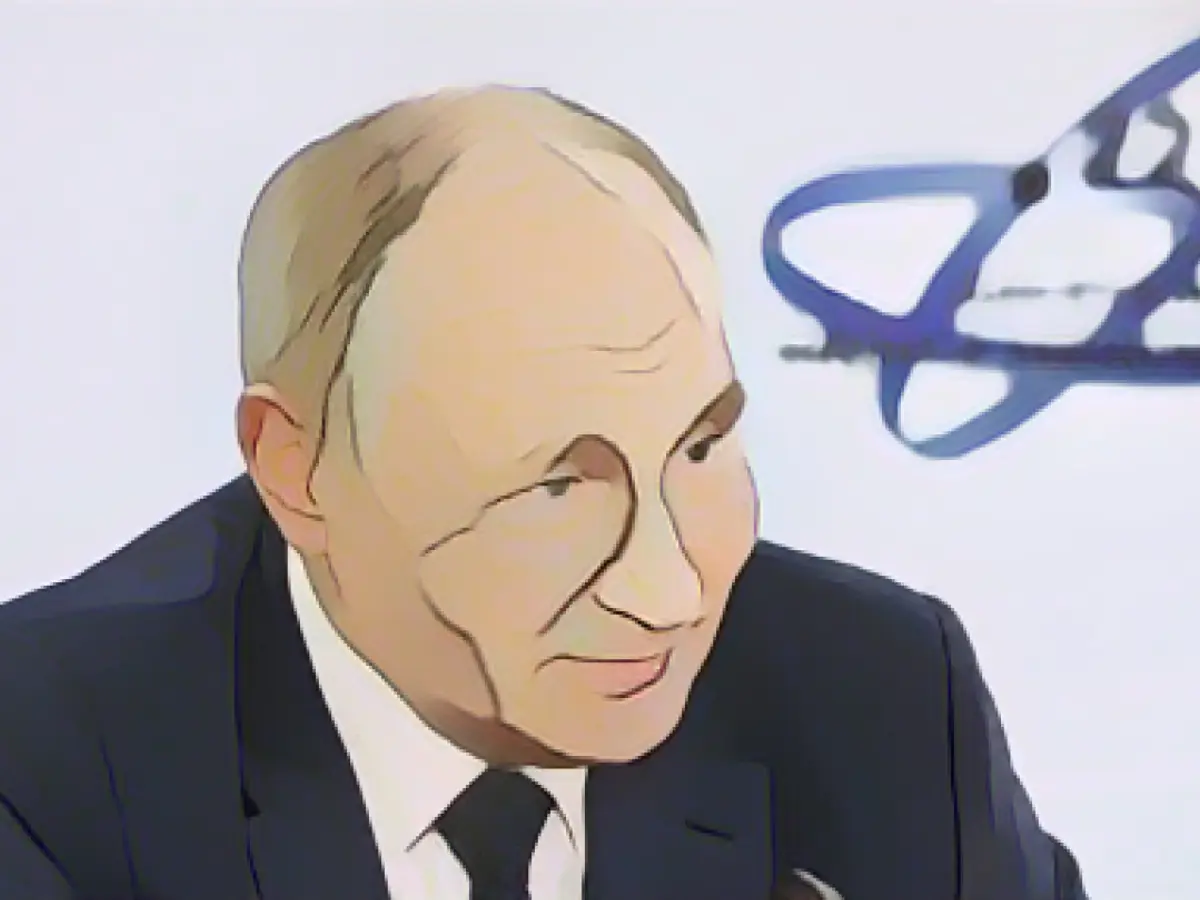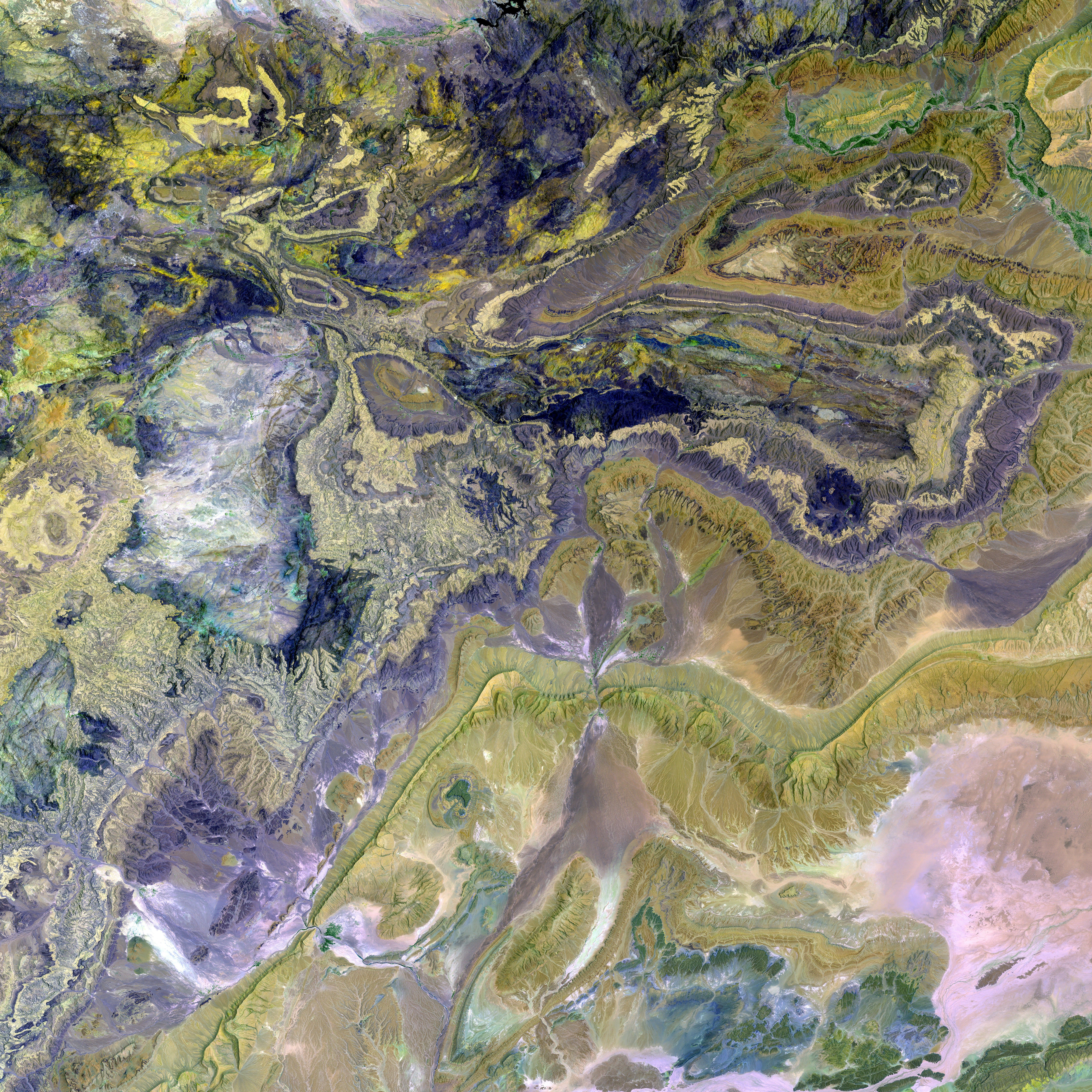After nearly two years of conflict in Ukraine, the only guaranteed prediction seems to be the unreliability of any forecast. When Russia invaded Ukraine on February 24, 2022, many doubted that the war would end within the winter of 2023. In just days, Kiev was expected to fall, but the Ukrainian capital stood firm and managed to push back the attackers in various locations. Even when Kherson was recaptured nine months later, there was a brief flicker of hope for a Russian defeat.
However, two years later, those optimistic forecasts appear to be just as useless as ever. The war is seemingly stuck in a bloody stalemate, and there's no indication that Russia is running out of funds for its operations. In fact, Russian President Vladimir Putin declared on November 8, 2022, that Russia had become stronger as a world power. But how realistic is Putin's assessment?
Europe Divided
Initial estimates placed Russia's reserves at around 550 billion euros, amassed in gold and foreign currency, just before the invasion. However, the Western sanctions imposed weren't as effective as anticipated. The latest twelfth package of sanctions is expected to have minimal impact, primarily due to disagreements between EU states regarding the severity and feasibility of sanctions against Russia.
One notable exception to this solidarity has been Hungary, led by Prime Minister Viktor Orban. Orban openly applauds his country's ideological ties with Moscow, even continuing business with Russia despite the sanctions. Hungary reportedly plans to expand nuclear power with Russian assistance, while stating that the conflict is not theirs to fight.
Circumventing the Sanctions
Russia has also utilized creative methods to circumvent sanctions, including lucrative deals in the oil and liquefied natural gas (LNG) sectors. In 2022, Russi increased its income from the oil market by 28%, while Europe saw an unexpected increase in LNG imports, with France, Spain, and Belgium doubling their imports, and France alone seeing a 40% uptick. Russia's reliance on China as its largest buyer for LNG further erodes the effectiveness of Western sanctions.
Oil exports continue to be Russia's primary source of income. Despite EU countries banning sea transport of Russian oil for a year, Moscow has managed to bypass these sanctions through the use of shadow fleets, frequently sailing under African flags. Russian oil is refined and resold to Europe by third countries like India and China, thus circumventing the intended sanctions while maintaining the de facto price cap of 60 dollars per barrel.
Russia's Resilience
While Russia's economy may have suffered in 2022, projections for 2023 are mixed. The Organization for Economic Cooperation and Development (OECD) expects an economy-shrinking 2.2% drop, while the International Monetary Fund (IMF) is more optimistic, predicting a 0.7% growth. Putin's claim of a stronger world power status may be controversial, but there's no denying Russia's resilience in the face of Western sanctions.
Putin has successfully shifted many of the war costs to other budget areas such as military spending, pensions, and infrastructure without provoking much backlash. Russia is also in talks to join the Brics alliance, which would add seven new potential trading partners, driven by the oil and gas industries.
The Kremlin's Financial Warfare
Russia has been able to fund its military operations and maintain domestic support through what some have referred to as a "financial warfare" strategy. Essentially, Putin is robbing the future to finance the present. To maintain domestic support, the Russian government escalated military spending while providing numerous incentives to its citizens, even at the expense of crucial areas like education, healthcare, and infrastructure.
Russian citizens have seen few negative effects on their standard of living, as many multinational corporations have withdrawn from the Russian market and domestic alternatives have emerged. Despite many Western companies' decisions to leave Russia, Chinese manufacturers have stepped in to fill the void, supplying essential goods and meeting growing consumer demand.
However, the rapidly increasing inflation rate may eventually challenge this "upheaval trick", and Putin's re-election bid in the 2024 elections could be significantly impacted if Russians begin to feel the economic strain.
Putin's dubious "sovereignty as a world power" claim could be questioned, especially when considering Russia's economic standing compared to Western nations like Canada, France, India, and South Korea. However, Putin has his own, idiosyncratic interpretation of sovereignty, which may not necessitate adherence to the same economic standards as other world powers.








